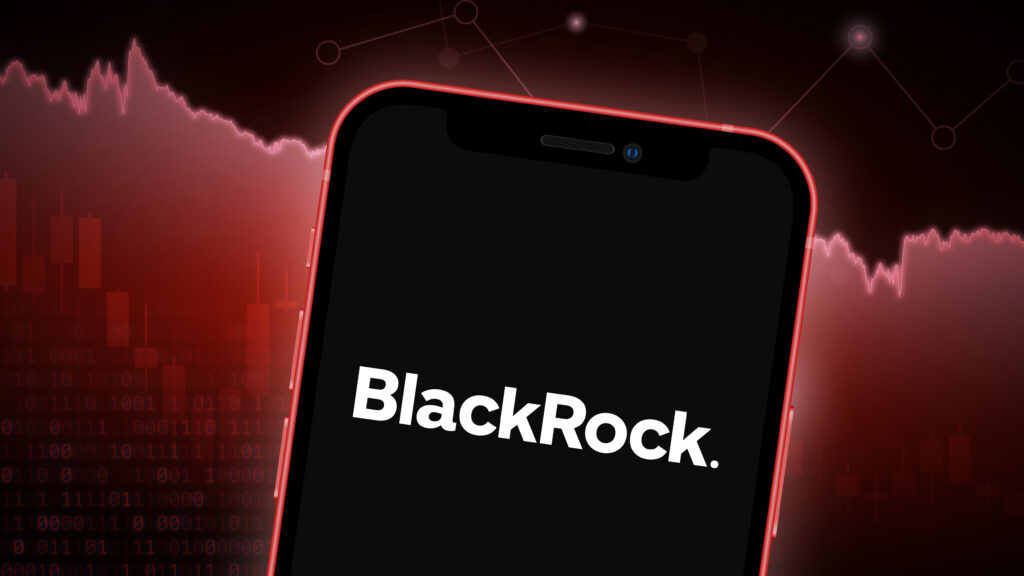
Key Takeaways:
- BlackRock CEO Larry Fink warns that rising U.S. debt may prompt investors to turn to Bitcoin, potentially undermining the dollar’s global dominance.
- Fink highlights tokenization as a transformative force, enabling real-time transactions and democratizing access to investments.
- The tokenized real-world assets market is projected to grow exponentially, possibly reaching up to $30 trillion by 2030.
BlackRock CEO Larry Fink warned in his annual letter that the growing U.S. national debt could push investors toward Bitcoin, potentially challenging the U.S. dollar’s global dominance.
He praised decentralized finance as a tool for making markets more efficient but cautioned it could undermine America’s economic position if confidence in the dollar continues to erode.
JUST IN: "If the U.S. doesn’t get its debt under control—America risks losing that position (dollar reserve status) to digital assets like #Bitcoin." 👀
— Swan (@Swan) March 31, 2025
– Blackrock CEO Larry Fink pic.twitter.com/yIT608oGH0
As of early 2025, the U.S. debt has reached $36.2 trillion—rising by $1.8 trillion in just one year—fueling concerns over long-term fiscal stability.
Moody’s has already downgraded the U.S. credit outlook to negative.
Bitcoin is increasingly viewed as a hedge against inflation and currency risk, gaining traction among both institutional and retail investors.
Fink noted that digital assets, including stablecoins and tokenized assets, are becoming mainstream.
While some argue that stablecoins may support the dollar, others see them as a possible alternative.
Fink also emphasized the transformative potential of tokenization, calling it “democratization”.
This innovation allows for instant, paperless asset transfers and could eliminate delays in financial transactions.
BlackRock’s BUIDL fund is currently the largest tokenized real-world asset product, with the market projected to grow from $19.6 billion today to as much as $30 trillion by 2030.

